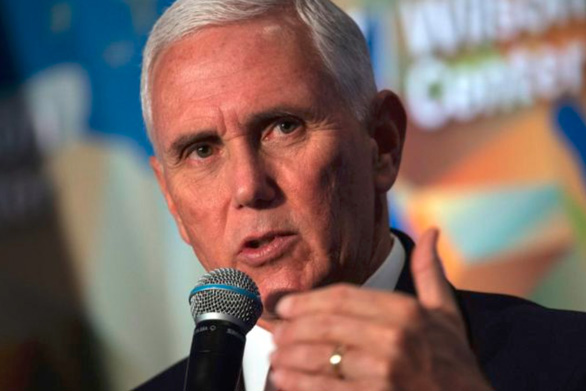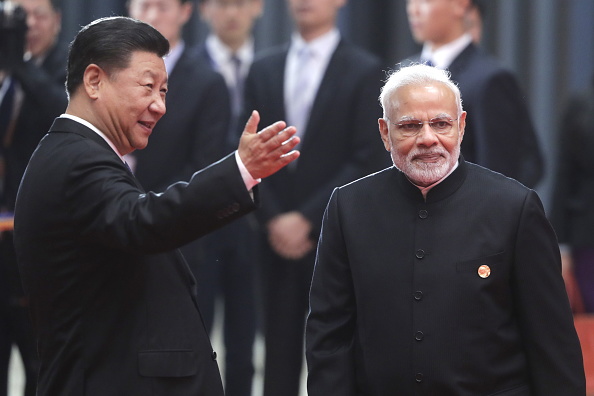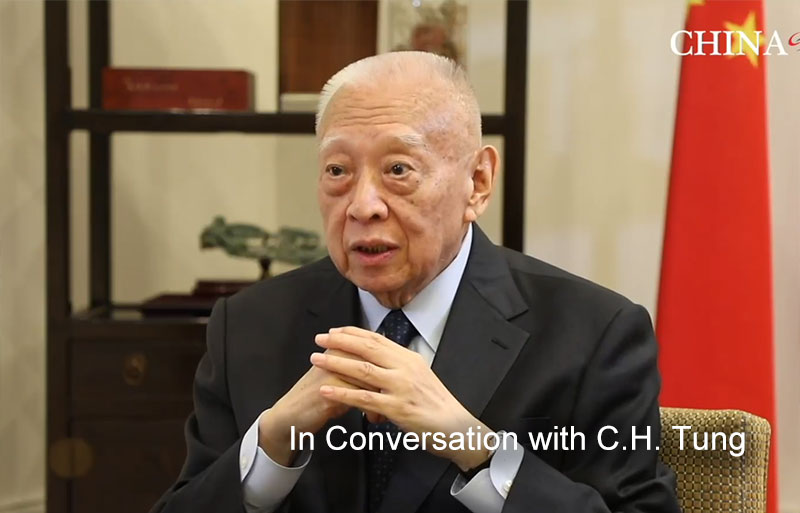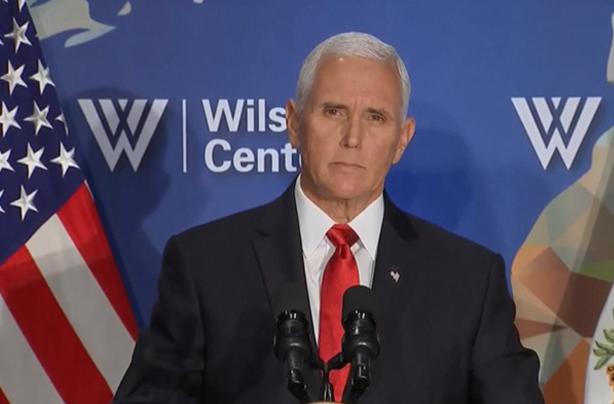Fernando Menéndez, Economist and China-Latin America observer
Nov 15, 2019
Latin America has been a primary recipient of Chinese foreign direct investment for years, but recent developments in the global political environment have caused notable shifts to occur in what and how much China is giving to the region.

He Yafei, Former Vice Minister of Foreign Affairs
Nov 15, 2019
A recent report by Mackenzie said that the country’s dependence on the world has shrunk, even as the world’s dependence on Chinese production and exports has continued to rise.
Fu Ying, Founding Chair of Center for International Security and Strategy, Tsinghua University; China's former Vice Minister of Foreign Affairs
Nov 08, 2019
In the ideal scenario of “co-opetition,” China and the US should find a new model for interaction: maintaining necessary, mutually beneficial co-operation while managing unavoidable but benign competition.
Joseph S. Nye, Professor, Harvard University
Nov 08, 2019
The Kremlin is on a roll. Under President Vladimir Putin, Russia has replaced the United States in Syria, continues to intervene in Eastern Ukraine, and recently hosted an African summit in Sochi. Appearances, however, can be deceptive. True, Russia retains a vast nuclear arsenal, equal in size to that of the US, and it used force effectively against Georgia in 2008 and Ukraine in 2014; provided military assistance to save Bashar al-Assad’s regime in Syria; and has used cyber means to disrupt US and other elections. But Russia can only be an international spoiler. Behind the adventurism, it is a country in decline.
Zheng Yu, Professor, Chinese Academy of Social Sciences
Nov 06, 2019
Signaling that it has less need for strategic cooperation with China on the world stage, the United States has rendered bilateral relations less resilient. And it’s hard to bridge the gap.

Zhao Minghao, Professor, Institute of International Studies at Fudan University, and China Forum Expert
Nov 06, 2019
There’s a disconnect between the stance of America’s China policy elites and the views of the general public. Most people want cooperation, not major-power competition. The White House should face that reality.

Patrick Mendis, Visiting Professor of Global Affairs, National Chengchi University
Joey Wang, Defense Analyst
Nov 01, 2019
China and India both recognize the need to address the issues in their respective countries and it is of mutual interest to incrementally get their relationship back on track.
Andrew Sheng, Distinguished Fellow at the Asia Global Institute at the University of Hong Kong
Xiao Geng, Director of Institute of Policy and Practice at Shenzhen Finance Institute, Chinese University of Hong Kong
Oct 31, 2019
On October 1, the People’s Republic of China celebrated the 70th anniversary of its founding with impressive military and civilian parades meant to showcase the extraordinary progress the country has made under the leadership of the Communist Party of China. Formidable challenges lie ahead. But China’s record so far, and the resources it has at its disposal, indicate that it may well be up to the task.

Oct 31, 2019
"On US-China Relations: A Conversation with C.H. Tung" is a new series by China-US Focus that features highlights of a conversation between Editor-at-Large James Chau and Tung Chee-hwa, Hong Kong's First Chief Executive.

An Gang, Adjunct Fellow, Center for International Security and Strategy, Tsinghua University
Oct 30, 2019
US vice president reprises wide-ranging attack, indicating that structural divergences have yet to be resolved and critical pressure is about to be reached.
Back to Top

- China-US Focus builds trust and understanding between the U.S. and China through open dialogue among thought leaders.
- Our Offerings
- Topics
- Videos
- Podcasts
- Columnists
- Research Reports
- Focus Digest
- Stay Connected
-
Thanks for signing up!
- Get the latest stories from China-US Focus weekly.